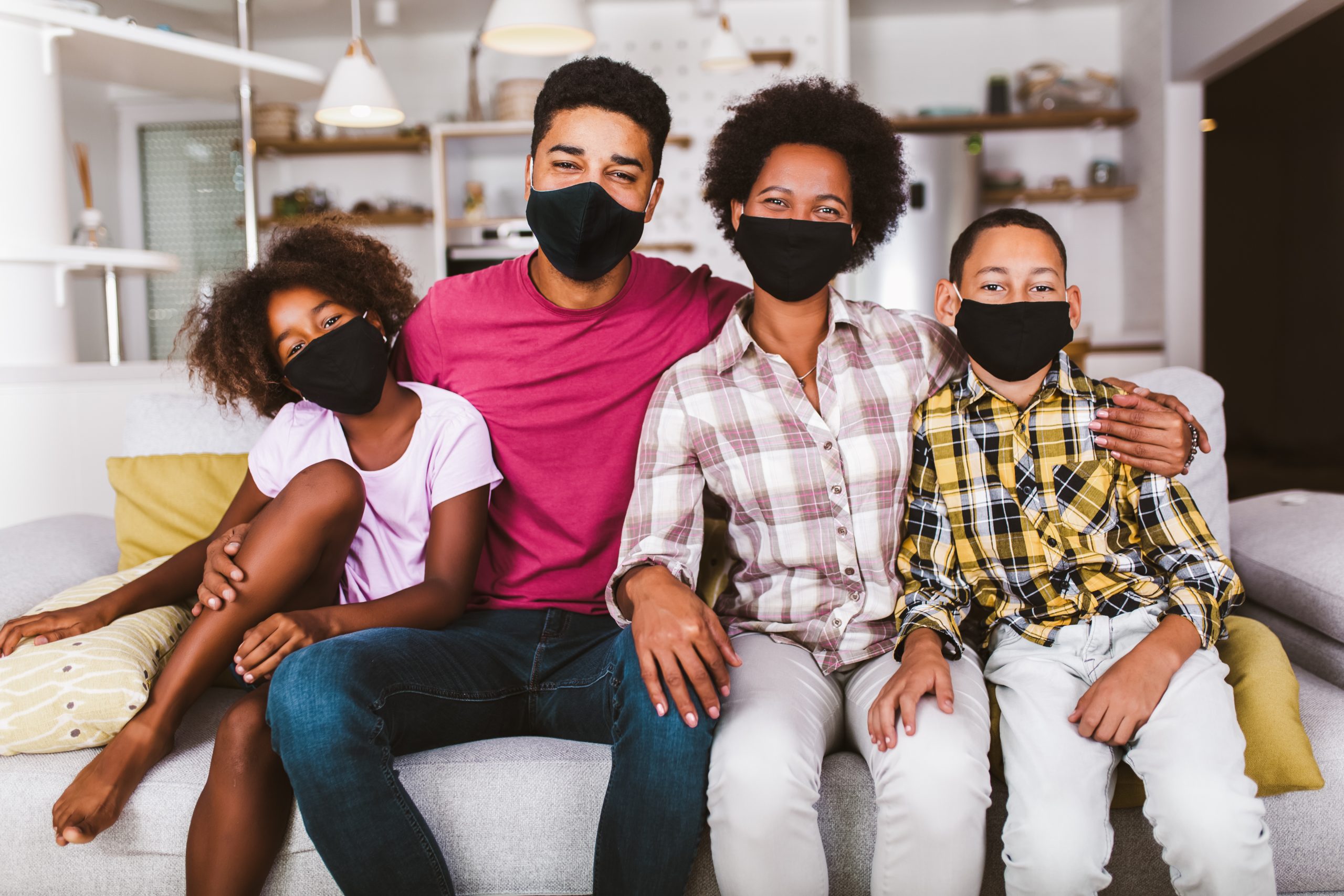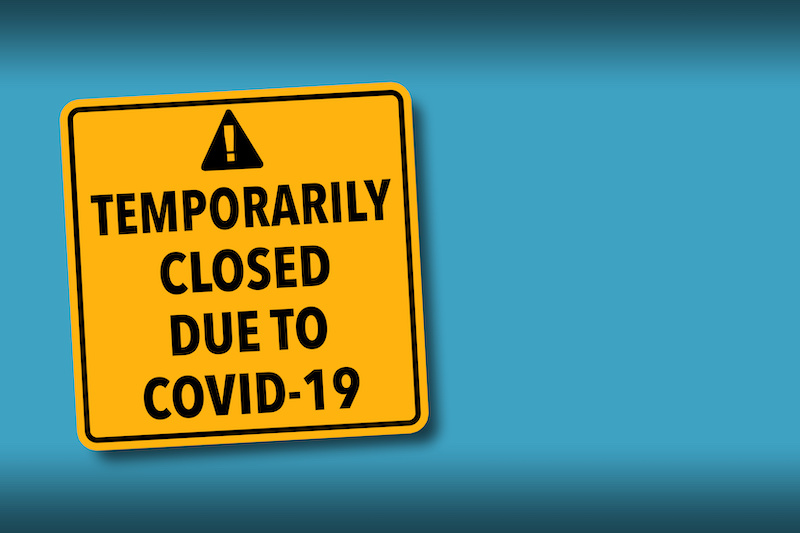Pandemic Survival Guide For the Emotionally Neglected

Let’s start with a few questions about your own personal experience with social distancing during the pandemic.
The Questions
- Are you having strong feelings that you feel alone with? Are you wondering what you’re supposed to do with all the feelings you’re having?
- Are you feeling hemmed-in, hurt, harmed, helpless, irritated, annoyed, or otherwise overly affected by the people you are sheltering in place with?
- Is spending more time with your partner or spouse raising some problems and/or questions about the relationship?
- Is all the home-time with your kids magnifying behavior problems, making you doubt your parenting, or leaving you feeling at sea about what to do?
- Are you concerned about your parents but avoiding calling them?
- Do you wish you were able to speak up and state your feelings and needs but find you don’t know what to do or how to do it?
The Answers
Read my CEN Pandemic Survival Guide by clicking on the link or the picture below. I hope it offers you ideas, solace, helpful advice, and care.
Webb_CEN_Pandemic_Survival_Guide
Childhood Emotional Neglect is often invisible and unmemorable so it can be difficult to know if you have it. To find out, Take the Emotional Neglect Test. It’s free.
Learn about Childhood Emotional Neglect, how it happens in the life of a child, and how to heal it in the books Running On Empty and Running On Empty No More.
Preview:
Whatever negative events you may have imagined happening in your future, the coronavirus pandemic was probably not one of them.
It seems that the current state of our world, replete as it is with quarantines, stay-at-home orders, closed businesses, virtual education, lost projects, and social distancing leaves probably about 90% or more people feeling alone, uncertain and lost.
As a psychologist who specializes in the effects of Childhood Emotional Neglect or CEN on adults,
I can tell you that scores of people had already brought a big dose of those three feelings forward from their childhoods and have been quietly coping with them for years.
And now, in this current situation, we are handed an extra measure of “alone, uncertain, and lost,” plus a whole lot more.
If you grew up in a family that ignored the emotions of its members (CEN); if you are stuck at home, feeling stressed, lost, confused, terrified, alone, helpless or hopeless, sad, worried, or angry, I want you to know that there is a way to turn this around for yourself.
The Importance of Control in an Uncontrollable Time
Much of this situation is truly out of your control, but not all of it. It is possible to reframe your current situation into an oppor- tunity. An opportunity to do things you were never able to do because of time, stress, and all the life demands that you’ve always been juggling.
I believe you can survive the challenges of this pandemic. But I want you to do better than survive. I want you to find yourself growing in surprising ways during the pandemic. I want you to thrive.
So I have put together this guide to help you cope and grow in the various areas of your life that are being challenged the most by the current state of our world. In this Guide you will find understanding, awareness, help, and support, as well as concrete steps you can take to care for yourself during COVID-19.
7 Reasons You May Actually Feel Better During the Pandemic

As most folks struggle and stress to get through this messy mishmash we call “pandemic,” there is a certain group of people who are living a whole different sort of life.
These folks are actually doing the opposite of struggling and stressing. There is, in fact, something about the current situation that makes them feel better in some deep and important way.
Some feel more grounded, some feel more focused, and some feel more valid than they always have. Some feel less alone, less lost, or less insecure than they have throughout their adult lives.
I know what you may be thinking: How could this be? Are these people selfish or self-centered or taking delight in other people’s struggle and worry and pain?
Absolutely, positively not.
In fact, most of the folks who are feeling better right now are genuinely caring people who, if anything, tend to over-focus on other people’s needs at the expense of their own.
Let’s take a look at the variables that explain all this.

7 Reasons You May Feel Better and Happier During the Epidemic
- Folks with Chronic FOMO (Fear Of Missing Out) — These are the people who walk through their lives feeling like they are somehow on the outside of things. They look around and see other people laughing and enjoying life. To these folks, it always seems that other people are living more exciting and happy lives. So finally, now, with almost the entire population trapped at home, it’s easier to relax in the knowledge that they aren’t missing anything.
- Those Who Have Always Felt Alone in the World — If, as a child, you did not receive enough emotional support from your parents, you are likely to go through your adult life feeling somewhat alone in the world. Perhaps you have felt alone for so long that it has become comfortably uncomfortable. Perhaps, in this global crisis, you really are alone. Perhaps you are able to tolerate being alone far better than others. Perhaps, finally, your real life on the outside mirrors what you’ve always felt on the inside and it is, on some level, validating.
- People Whose Specific Childhood Challenges Prepared Them — If your childhood was unpredictable, was filled with uncertainty, or required you to make decisions you weren’t prepared for or act beyond your years, then perhaps your childhood prepared you for this very moment. When you grow up this way you develop some special skills out of necessity. You learn how to hyper-focus in ambiguous situations and how to act decisively and trust yourself. Since you have a solid foundation of the exact skills needed for the pandemic, you may be feeling more focused and confident right now than you have in years.
- People Who Feel Numb Unless Something Extreme is Happening — If you wouldn’t describe yourself as an emotional person, or if you find yourself feeling nothing when you know you should be feeling something, you may find yourself having some real emotions as this COVID-19 pandemic unfolds. Scores of people need a novel or extreme situation to feel something. Some engage in dangerous, unpredictable, or thrill-seeking activities in order to feel. Today, the danger, unpredictability, and thrills have come to them. Finally, they are having feelings, and any feelings, even negative ones, are better than numbness.
- Extreme Introverts — If you’re a severe homebody who gets tired of being required to go out into the world and mix with people more than is comfortable for you, this may be your respite. Finally, instead of having to adjust to everyone else, everyone else is adjusting to you. There’s a new normal afoot, and it is you! What a nice feeling, at last.
- Those Already Struggling With Significant Life Challenges Before the Pandemic — Some people were already dealing with some major life crises or challenges before this epidemic hit. For them, this situation may feel like somewhat of a relief. Suddenly, with the world shut down, it’s not possible to struggle or solve. As a result, this situation may offer you a bit of rest. And you’re also seeing everyone else struggling, which may feel comforting in a certain way. It’s not that you want other people to have problems; it just feels soothing that you are no longer alone. Everyone else is having problems too.
- Anxious Worriers Who Have Spent Years Anticipating Disaster — Anxiety can drive people to have a grave fear of being blindsided by an unexpected, painful experience. So some people constantly anticipate what might go wrong as a way to prevent themselves from any sudden, negative shock. Now, here we are. That long-anticipated, long-prepared-for event has happened. These folks are feeling relieved that what they’ve been vigilantly watching out for their entire lives is finally here. Instead of feeling shocked, they feel relieved.
What This All Means
If any single one of the above applies to you, even in some small way, it’s possible that you may have some feelings of guilt about it. You may be concerned that it’s wrong to feel better at a time like this.
I want to assure you that it is not! Since we cannot choose our feelings, you should never judge yourself for having a feeling. But it is your responsibility to use your emotions in a healthy way. More about that in a moment. But first…
If any of the first four apply to you, if you are prone to FOMO, a feeling of aloneness, were prepared for this pandemic by your childhood, or live with a numb or empty feeling, you may want to consider the possibility that you grew up with some amount of Childhood Emotional Neglect or CEN. CEN can be quite difficult to see or remember, yet it leaves you with these very specific burdens to carry through your adult life. And one very good thing about CEN is that once you know about it, you can heal it!
Now, about how you can use your preparedness and your positive feelings in a good way right now. You likely have more time, and you may be feeling some relief. This is your opportunity to work on understanding yourself better, owning your childhood challenges — which perhaps also made you stronger — and accepting your feelings instead of judging yourself for having them.
More Resources
It’s a tough time and, in ways we never imagined, we are all in this together. But, in another way, we are also each in it alone. What a marvelous twist it can be if you use this terrible time to heal yourself.
To find out if you grew up with Childhood Emotional Neglect Take The Free Emotional Neglect Test.
You will find lots of guidance and help for understanding what was missing in your childhood and healing it in yourself and your relationships in the books Running On Empty: Overcome Your Childhood Emotional Neglect and Running On Empty No More: Transform Your Relationships.

